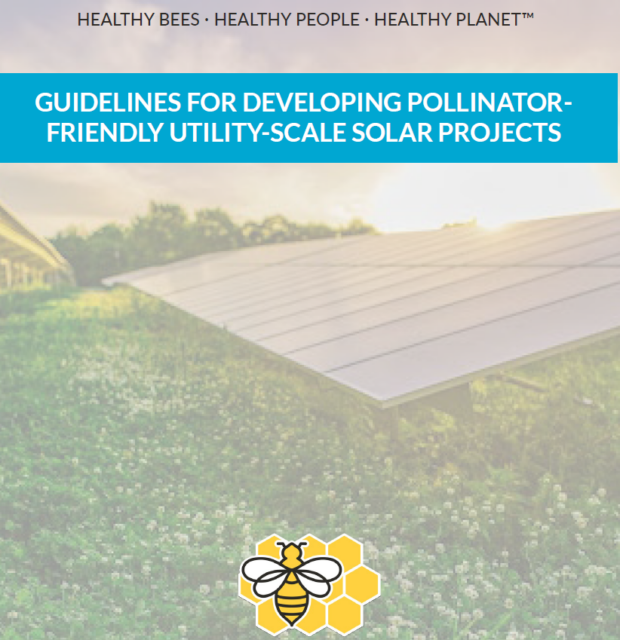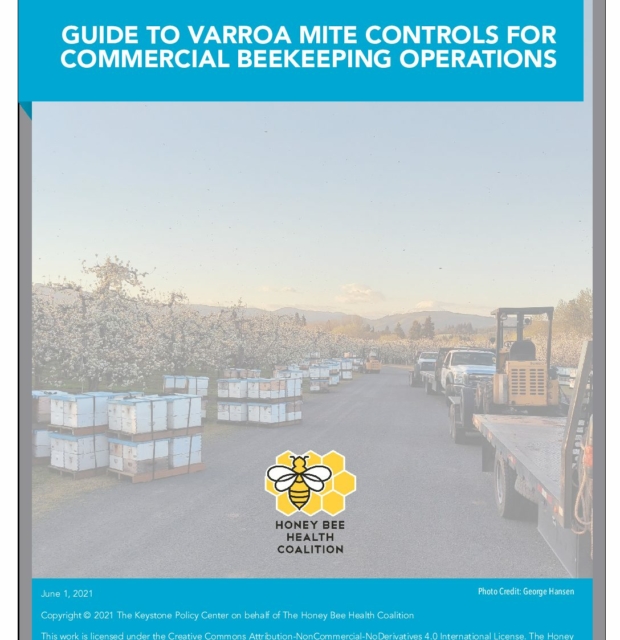News
Varroacide Resistance and Testing Team
Since becoming a major pest of honey bees in the late 1980s, varroa mites continue to pose a serious threat to both US and Canadian beekeeping industries. Varroa mite infestation is ubiquitous and causes direct damage to developing pupae and adult bees and transmits virulent honey bee viruses. Chemical mitigation of varroa mites is often the most effective and economic solution, but mites have gained resistance to currently registered compounds and there are signs of emerging resistance to the most widely used miticide, Apivar.
The goal of the Varroacide Resistance and Testing Team is to expeditiously provide North American beekeepers safe and effective, resistance-breaking varroacides, and in doing so, fill important gaps in varroa mite mitigation research. There are many synthetic and natural miticides lacking direct tests of varroacidal efficacy and safety to honey bees. Also, research is way behind on the mechanisms granting varroa mites’ resistance to previously effective compounds.
To meet the goal, the team has 3 research objectives. Objective 1 uses laboratory trials to screen dozens of candidate compounds and assess their efficacy against varroa mites and safety for bees. Objective 2 takes compounds showing promise from laboratory trials and runs field trials using these compounds in full scale honey colonies. Objective 3 is to elucidate mechanisms conferring varroa mite resistance to current varroacides and help inform decisions on tested compounds.
Given the registration process is known to take time, the short to mid-term objective will be to discover effective compounds and formulate them to be safely used in bee hives. The mid to longer-term objective will be to have the compounds registered and determine how to provide the formulated compounds to all levels of beekeepers.
The Team has met monthly since 2017.
Collaborating Investigators
- Troy Anderson, Associate Professor, Dept. of Entomology, University of Nebraska
- Steven Cook, Research Entomologist, Bee Research Lab, USDA-ARS
- Jennifer Berry, Research Professional III, Honey Bee Lab, University of Georgia
- Jay Evans, Research Leader, Bee Research Lab, USDA-ARS
- Joel Gonzalez-Cabrera, Senior Researcher, Department of Genetics, Universitat de València
- Josephine Johnson, Assistant Professor of Science, Dept. of Sciences, Stevenson University
- Reed Johnson, Associate Professor, Department of Entomology, The Ohio State University
- Medhat Nasr, Researcher, Bee Culture Solutions
- Frank Rinkevich, Research Entomologist, Bee Research Lab, USDA-ARS
- Geoffrey Williams, Assistant Professor, Dept. of Entomology and Plant Pathology, Auburn University

